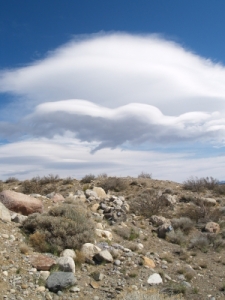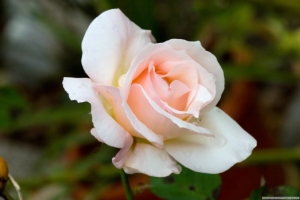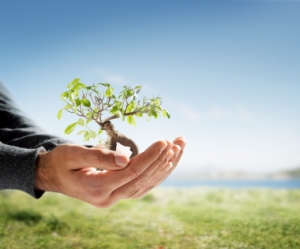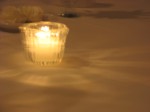LET’S BRING BLESSING BACK
 I often sign my correspondence, “Blessings to you and yours” or “Blessings on your day, your week, etc.” Yet I am not unaware of the fact that blessing someone or wishing them blessed is a tricky business. The word, like so much vocabulary that points to a larger spiritual reality can oftentimes feel put on, false, or holier than thou. Words that are commonly used in the religious realm oftentimes evoke the opposite reaction than is intended. Many people have suffered in a variety of ways from their childhood faith and the decrees of a religion that contradicts their heart.
I often sign my correspondence, “Blessings to you and yours” or “Blessings on your day, your week, etc.” Yet I am not unaware of the fact that blessing someone or wishing them blessed is a tricky business. The word, like so much vocabulary that points to a larger spiritual reality can oftentimes feel put on, false, or holier than thou. Words that are commonly used in the religious realm oftentimes evoke the opposite reaction than is intended. Many people have suffered in a variety of ways from their childhood faith and the decrees of a religion that contradicts their heart.
 So let us bring back blessing to its rightful root. In Latin, to bless is benedicere. This means literally to speak (dicere) well (bene) or to say good things. The benediction often said at the end of Christian and Unitarian services is to send those blessings, those good words out into the world.
So let us bring back blessing to its rightful root. In Latin, to bless is benedicere. This means literally to speak (dicere) well (bene) or to say good things. The benediction often said at the end of Christian and Unitarian services is to send those blessings, those good words out into the world.
I know that I want people in my life to speak well of me, and I’m pretty sure you do too. This notion is not be confused with the ego’s need to self-aggrandize, to be flattered and then puffed up. No, it’s something quite different. Blessing is more than pointing out someone’s talents or good deeds. It is affirming the very being of another.
 It is, as Henri Nouwen points out in his book Life of the Beloved, “Without affirmation, it is hard to live well. To give someone a blessing is the most significant affirmation we can offer. It is more than a word of praise or appreciation; it is (even) more than putting someone in the light. To give a blessing is to affirm, to say “yes” to a person’s Belovedness. And more than that: to give a blessing creates the reality of which it speaks”.
It is, as Henri Nouwen points out in his book Life of the Beloved, “Without affirmation, it is hard to live well. To give someone a blessing is the most significant affirmation we can offer. It is more than a word of praise or appreciation; it is (even) more than putting someone in the light. To give a blessing is to affirm, to say “yes” to a person’s Belovedness. And more than that: to give a blessing creates the reality of which it speaks”.
In our daily lives, the judging mind is very active. Without our awareness, we may say to ourselves, “I like this person; I don’t like that person, what he did was wrong, what she said was right.” This goes on and on. There is a lot of mutual admiration in this world, just as there is a lot of mutual condemnation. Nouwen continues, “A blessing goes beyond the distinction between admiration or condemnation, between virtue or vices, between good deeds or evil deeds. A blessing touches the original goodness of the other and calls forth his of her Belovedness“.
Whenever I send my three children a blessing, it is not a wish or a prayer that they get whatever they want in life. It is that I hold and affirm their very being, how cherished they are to me. Whether they get into too many fender benders, whether they ‘succeed’ in all the ways the world applauds or not, whether their choices at any given moment are less than stellar, I want to remind them again and again, “When you go into the world, know that YOU matter, that you are Beloved by God, and I am so glad that you are here. I hope that you can hear these words as spoken to you with all the tenderness and force that my love can hold.”
 These blessings work with everyone whose life you will touch today, including your own. Blessings on your day, Nun Tuck.
These blessings work with everyone whose life you will touch today, including your own. Blessings on your day, Nun Tuck.





























